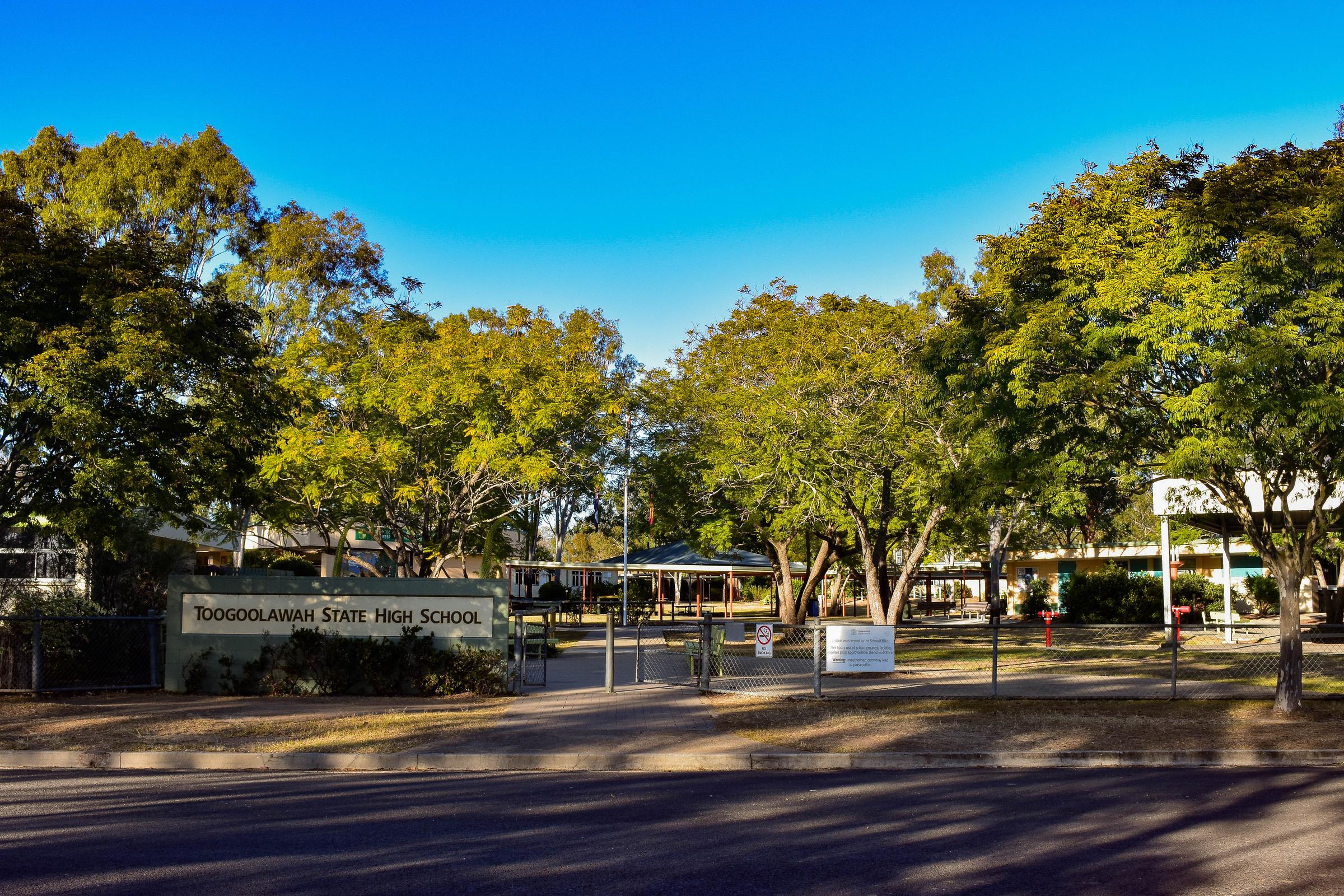The GO's Column
Mr Brett de Grussa

The GO's Column
Mr Brett de Grussa


Some students are not clear about why mobile phones are not to be used during the school day. The obvious answer is that we are at school to learn. Also, by not using phones during the school day, the rate of cyber bullying dramatically decreases. Cyber bullying is bullying that uses electronic means like the internet or mobile phones to aggressively and intentionally harm someone. It is important to be safe and responsible when using mobile phones and the internet. For example, keeping personal information safe and secure, being respectful of other people online and learning about identifying good and bad behaviour online. Personally, I made it all the way through high school without ever using a mobile phone because they weren’t invented yet! OMG LOL
The 6 steps of Cyber Safety:
1. DON’T RESPOND! – This is one of the most important and most underutilised strategies
2. KEEP EVIDENCE of bullying behaviour – This may include screen shots, printing emails or recording online conversations. Record the time and people involved along with as many details as possible to help you report the issue later on
3. BLOCK or delete the person. If it is a chat, leave the ‘room’
4. SPEAK to someone you trust and is able to work with you to resolve the issue. This may be a close friend, parent, teacher, guidance officer or support person
5. REPORT content and/or account to the site on which it occurred. If it is not removed within 48 hours, report it to the eSafety Commissioner at www.esafety.gov.au/reportcyberbullying.
6. If the issue goes beyond bullying, such as hacking, online scams, online fraud, identity theft and attacks on computer systems, you can report this to ACORN (acorn.org.au).
For additional support or information head to:
Bullying No Way! Links to information, support agencies and additional resources. |
Kids Helpline - Bullying https://kidshelpline.com.au/teens/issues/bullying 1800 55 1800. It's a free call, 24 hours a day, 7 days a week. |
eheadspace 1800 650 890. Internet chat, email or phone support for young people (12-25yrs) with a range of issues. |
UNICEF Australia: Ten things teens want to know about cyberbullying - answered. FAQs and answers from teenagers and support to additional information. |
Legal Aid Queensland: Cyber Bullying, sexting and Facebook guide. Know the law, know your rights. A guide to using social media safely to prevent cyber bullying and sexting, and where to get help. |
Queensland Police Service: Cyber Bullying https://www.police.qld.gov.au/safety-and-preventing-crime/r-u-in-control/cyber-bullying Information relating to Queensland and links to where to get help. |